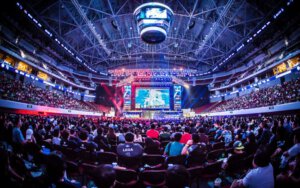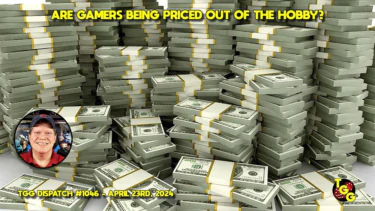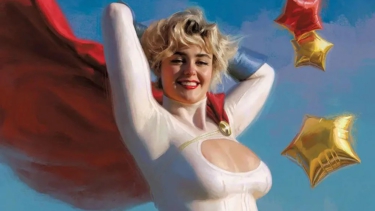
Governing body
Like any other major sport, competitive gaming also has its governing body. Sort of. Right now, the highest authority recognized by the majority of leagues and players is the International e-Sports Federation (IeSF) based in South Korea, with a mission to turn electronic sports into a legitimate sport. The IeSF currently has 47 member nations ranging from Austria to New Zealand, it organizes test matches and tournaments, and actively works on creating regulations and standards for eSports, train referees, and work toward the widespread recognition of the activity as a proper sport, perhaps even have it considered as an Olympic sport at one point in the future.
Leagues and tournaments
The world of eSports currently has two major leagues and several smaller ones.
The ESL (originally Electronic Sports League) is the oldest and largest electronic sports company based in Basel, Germany. It has partnered with major game publishers like Blizzard Entertainment, Riot Games, Valve Corporation, Microsoft, Wargaming.net and several others, and organizes tournaments like ESL One, Intel Extreme Masters, and many others.
ELeague (often shortened as EL) was launched in 2016 with CounterStrike: Global Offensive in May 2016 by Turner Broadcasting in the US. The organization has backed tournaments in sports like CS: GO, Street Fighter V, Overwatch, Injustice 2, Rocket League, and many others. Its upcoming event, ELEAGUE Major: Boston 2018 will have a prize pool of $1 million.
One of the longest-running and biggest eSports tournaments is Valve’s “The International” that first took place in 2011.
Sponsors and media coverage
As all other sports teams, eSports teams also have sponsors. Intel is a long-running sponsor of a major ESL tournament, Intel Extreme Masters. Red Bull is an obvious choice for many teams (they do drink lots of cans of energy drinks, after all), and so is Coca-Cola. Other major sponsors who have tied themselves to eSports teams in the past are T-Mobile, Audi, Airbus, Comcast, and Mobil 1.
eSports events are mostly followed online through services like Twitch and YouTube but they are gaining traction on traditional television, too. We’ve already mentioned TBS and its own eSports league (ELEAGUE) but other channels, including Disney’s sports brand ESPN, are also hoping to cash in on the growing popularity of the phenomenon.
- What Are Social Casinos? - Feb 22, 2024
- From Slots to Screens: Navigating the Diversity of Online Casino Entertainment - Feb 14, 2024
- The 5 Best Gambling Video Games - Feb 12, 2024













